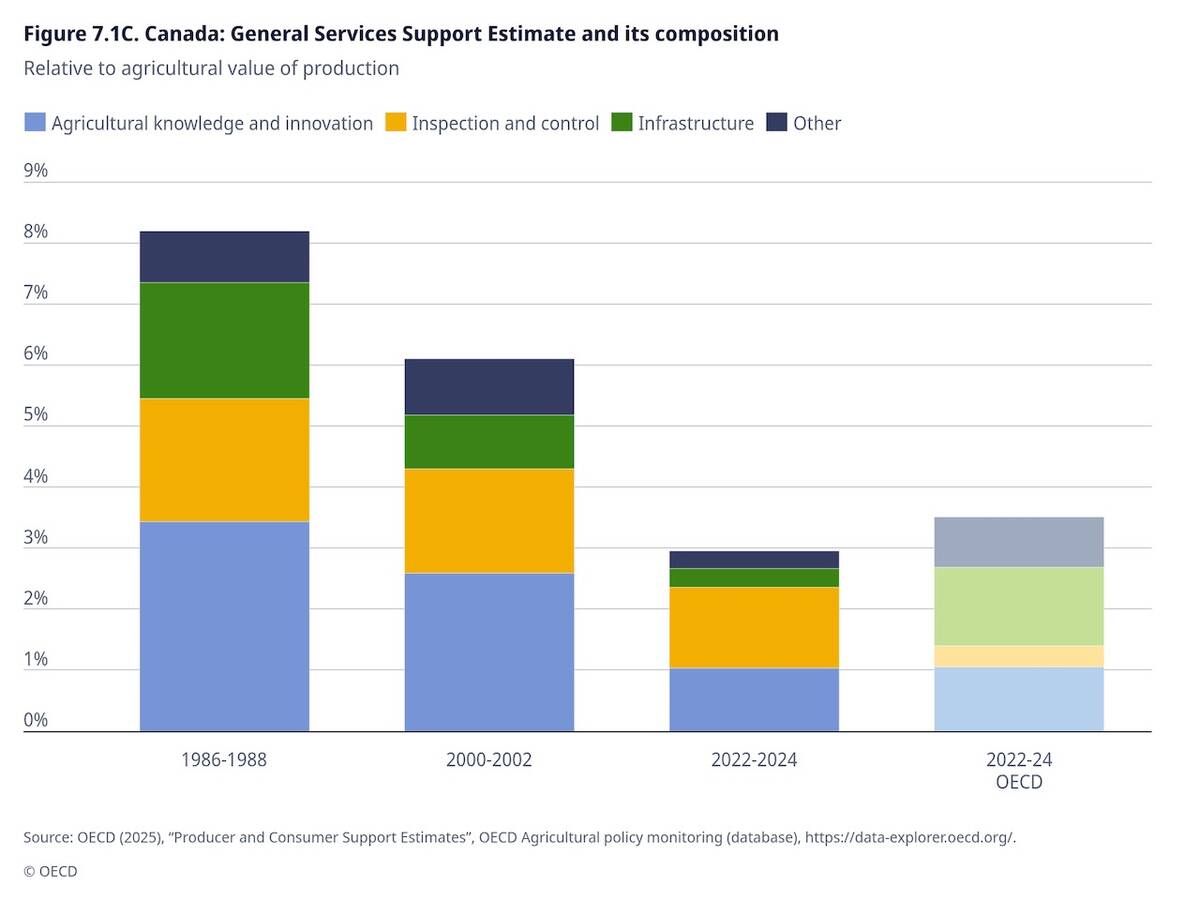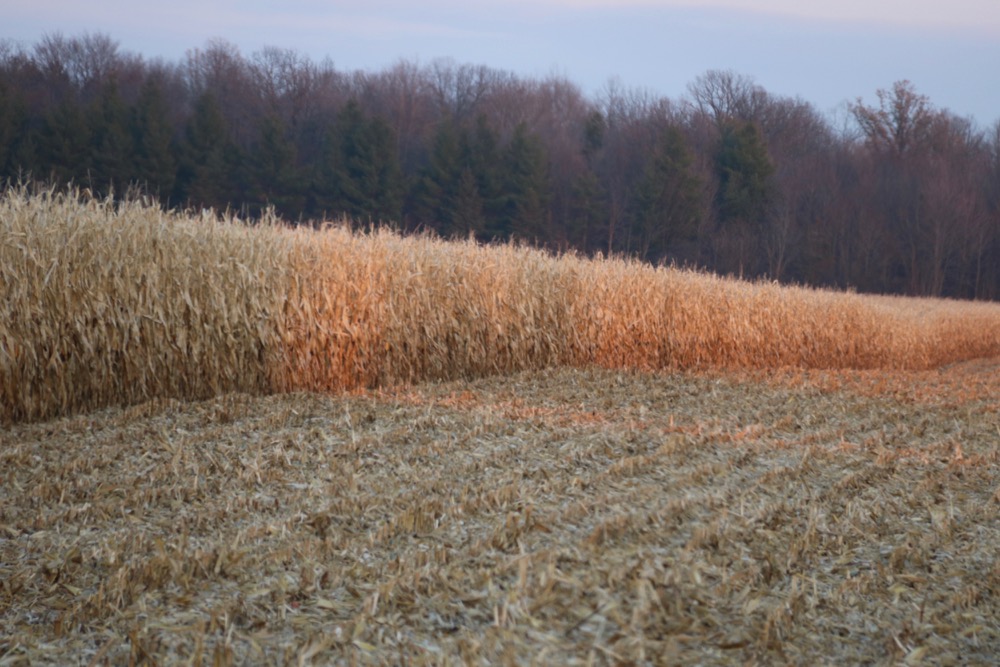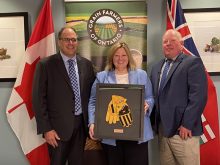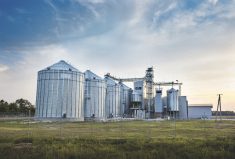[Update Nov. 21, 2019] Farmers in southern and central Ontario are now reporting that they won’t get more propane delivered until after the CN strike is settled.
The more than 3,000 Canadian National Railway workers who walked off the job Tuesday put a wrench in an already-tough harvest for farmers.
The strike is poorly timed for farmers as they are in full force of harvest and dealing with one of the more difficult harvest seasons they’ve seen.
Why it matters: The rail system is relied on by grain farmers across the province for the delivery of grain and the delivery of propane to grain dryers.
Read Also

OECD lauds Canada’s low farm subsidies, criticizes supply management
The Organization for Economic Co-operation and Development lauded Canada’s low farm subsidies, criticized supply management in its global survey of farm support programs.
Richard Smibert, president of London Agricultural Commodities Inc., says eastern Ontario is currently feeling the brunt of the strike as southwestern Ontario is still able to receive propane by truck.
“One supplier (in eastern Ontario) is suggesting corn driers are at the bottom of the list and to expect significant delivering delays – areas that are on propane will have to delay their harvest until they have fuel available,” he says.
“We are still seeing the majority of corn in the fields and harvest is progressing incredibly slowly,” said Markus Haerle, chair, Grain Farmers of Ontario. “The corn being harvested is very wet and will require extensive drying to be viable, which requires the use of propane and our access is now cut off. This is devastating.”
GFO is urging the government to explore all other options, and quickly.
“The government must understand that we had already anticipated needing twice as much propane this year as a normal year. Farmers cannot harvest the corn as is and store it – that would lead to storage and quality issues. If our farmer-members leave their corn in the fields, they risk significant loss and damage,” Haerle said,
Smibert is hoping the federal government reaches an agreement as soon as possible to keep the agriculture aspect of the country moving.
“We move a lot of graded soybeans. We are unable to load containers now with grade soybeans because of the CN rail strike, and those containers find their way to Asia,” says Smibert.
As well, distillers grain inventories are beginning to build.
“There’s potential some of these ethanol plants may have to slow down or shut down, because we can’t move their DDG (dried distillers grains),” says Smibert.
Patty Hajdu, who until Wednesday was the federal government’s minister of labour, said in a statement Tuesday morning that she and Transport Minister Marc Garneau are monitoring the situation and have reached out to both parties encouraging them to continue the negotiations and reach agreements.
“The government of Canada understands the importance of the rail industry and its workers to the Canadian economy. While are concerned about the impact of a work stoppage on Canadians, we remain hopeful they will reach an agreement,” said Hajdu, who on Wednesday was shuffled to the health portfolio.
The Teamsters Canada Rail Conference, which represents CN’s striking railway conductors and yard workers, is looking for CN to address its members’ health and safety issues.
The workers are concerned of fatigue due to long working hours and what they consider to be dangerous working conditions.















